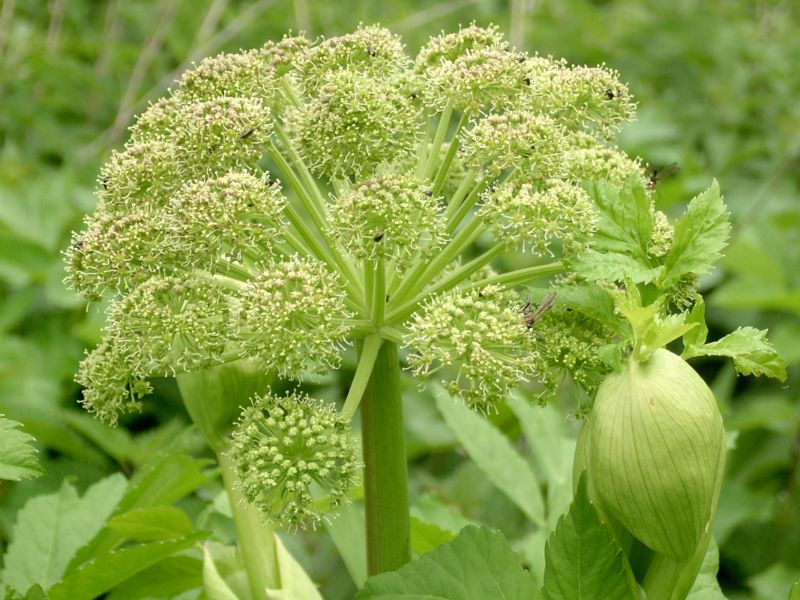Plants and a better diet can help the digestive process
Digestive disorders are very common in our society due to multiple factors such as bad diets, nervous disorders and stress.
The modern lifestyle and personal habits lead us to eat quickly and a greater number of fatty foods that do not contribute to the proper digestive process.
Some people may have slow, uncomfortable or heavy digestions because they secrete less saliva when eating and that may hinder the digestive process.
Phytotherapy is very effective in treating digestive problems, and there are certain plants that are more suitable for the stomach: tranquilizing herbs, stomach herbs, antacid herbs…
Among the most used plants for stomach and digestive problems, we highlight a few:
Angelica: the root of this plant is used for its stimulating action on gastric secretions, facilitating slow digestion, flatulence and a feeling of fullness.
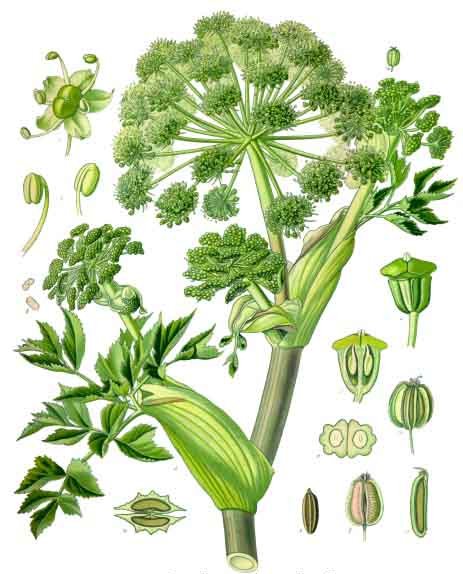
Fennel: the essential oil of the fruit calms digestive spasms and prevents flatulence.
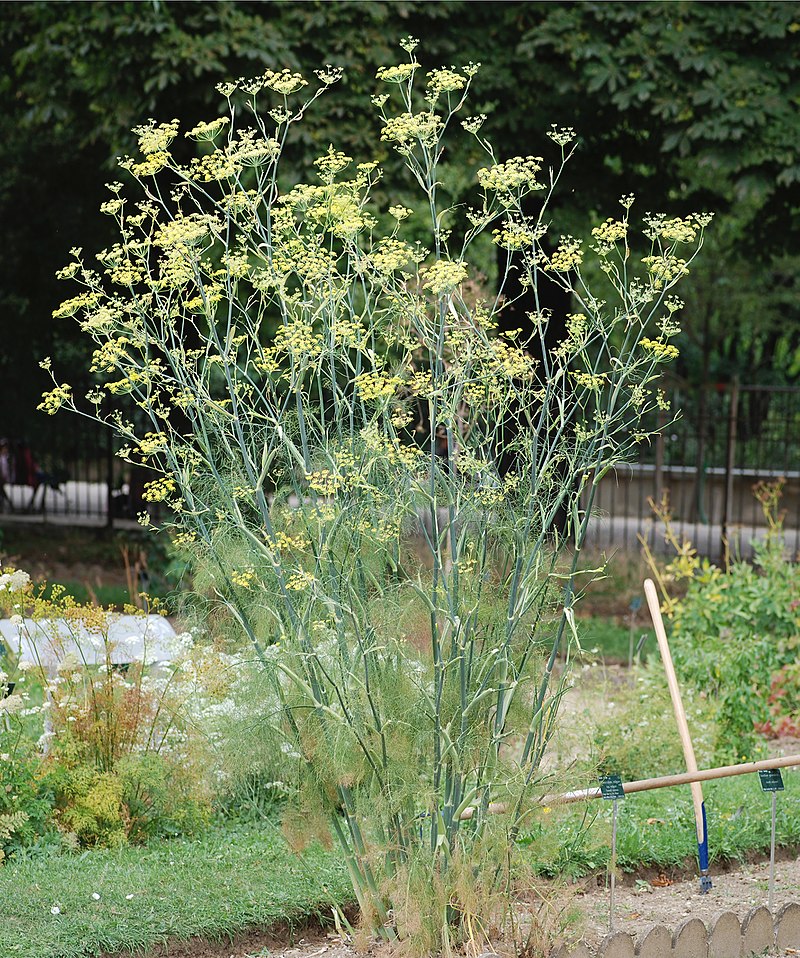
Yarrow: it is used for its anti-inflammatory action in problems of the gastric mucosa such as ulcers and in mild gastrointestinal spasms.
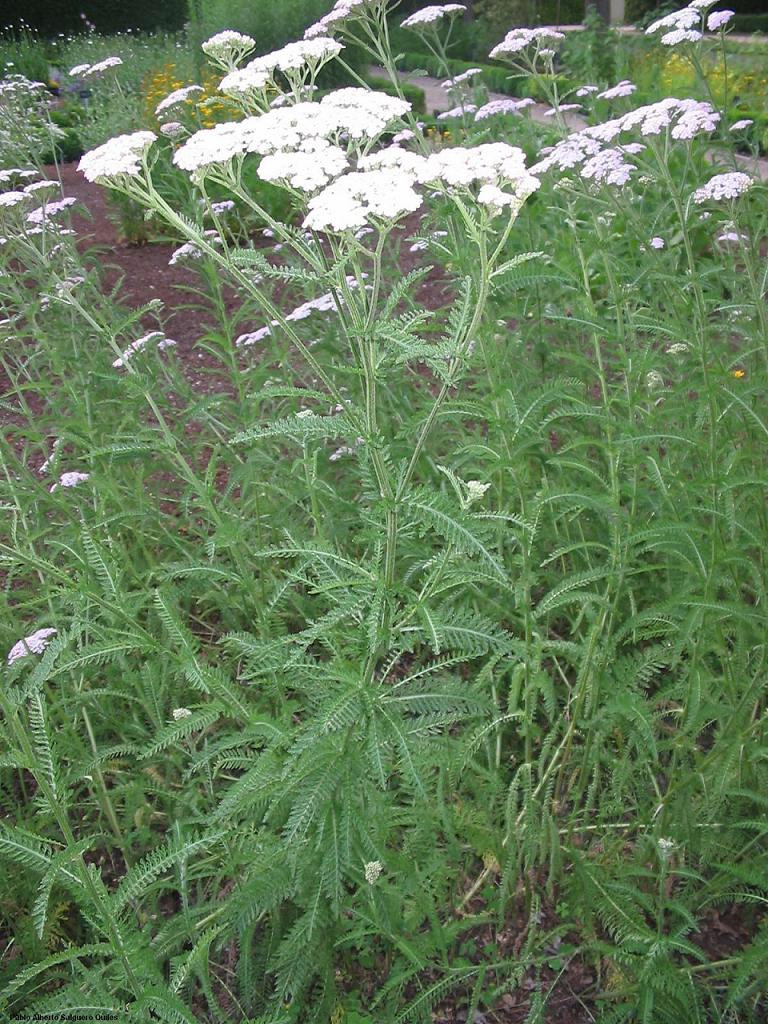
Marshmallow: it has been traditionally used for its mucilage content, for the relief of gastritis.
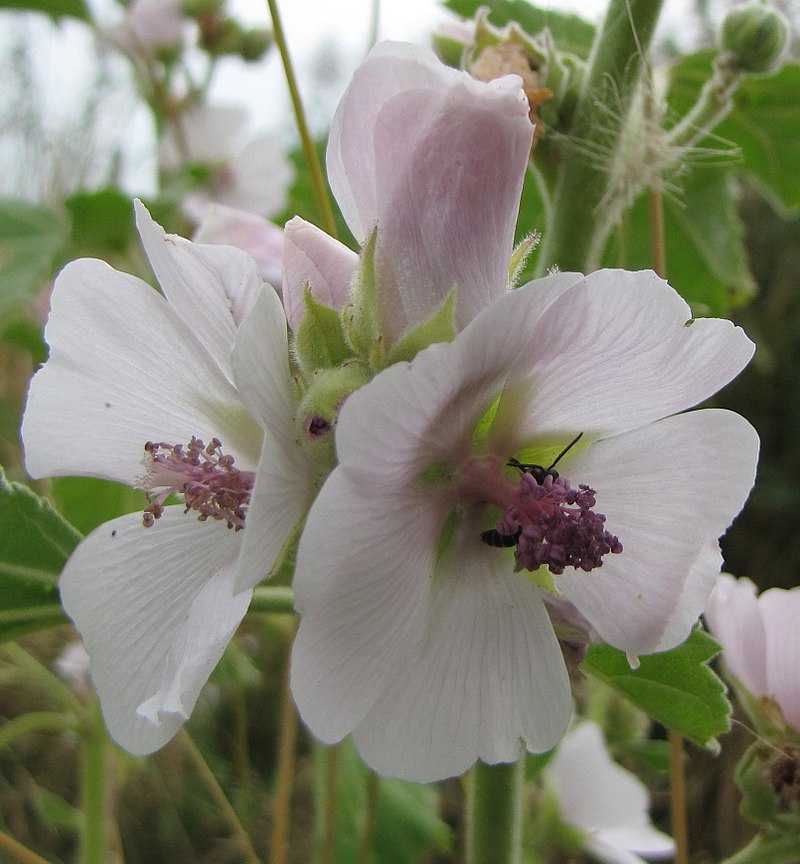
Boldo: the European Medicines Agency approves its traditional use for the relief of the symptoms of dyspepsia (a digestion disorder that occurs with heaviness, stomach pain, burning and flatulence) and mild gastrointestinal disorders of a spasmodic nature.
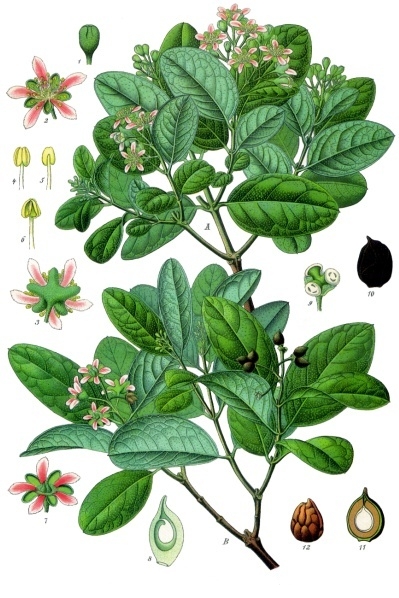
Others such as licorice, green anise, lemon balm, chamomile are some of the classic plants used to improve digestive problems.
These plants are a good help to improve our digestive problems, however, nothing beats a good diet and a healthy lifestyle, with low levels of stress. Reduce fats and fried food, as well as packed processed meals, eat more vegetables and fruit, and whenever you can, take your time and have stress free meals!


